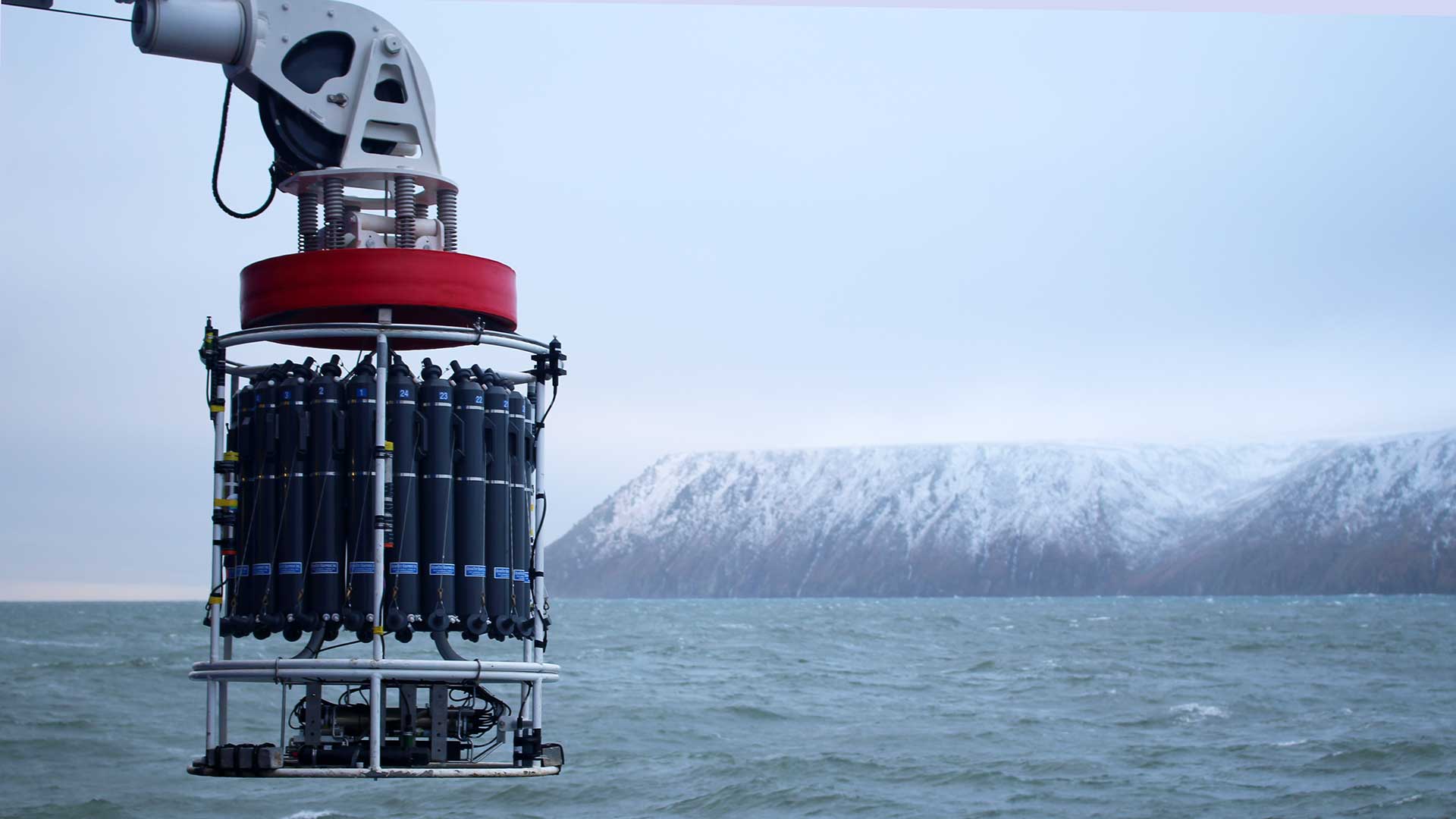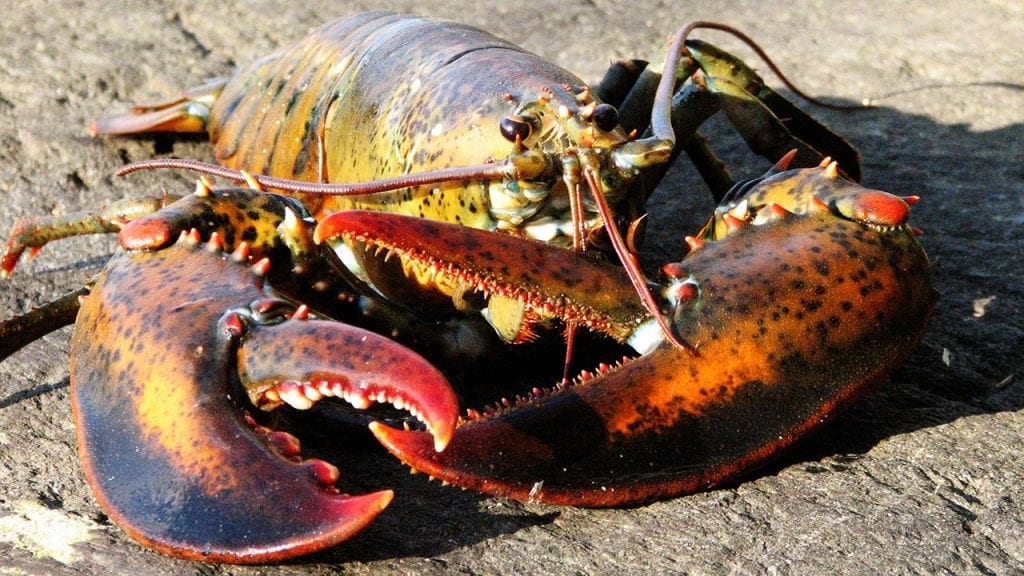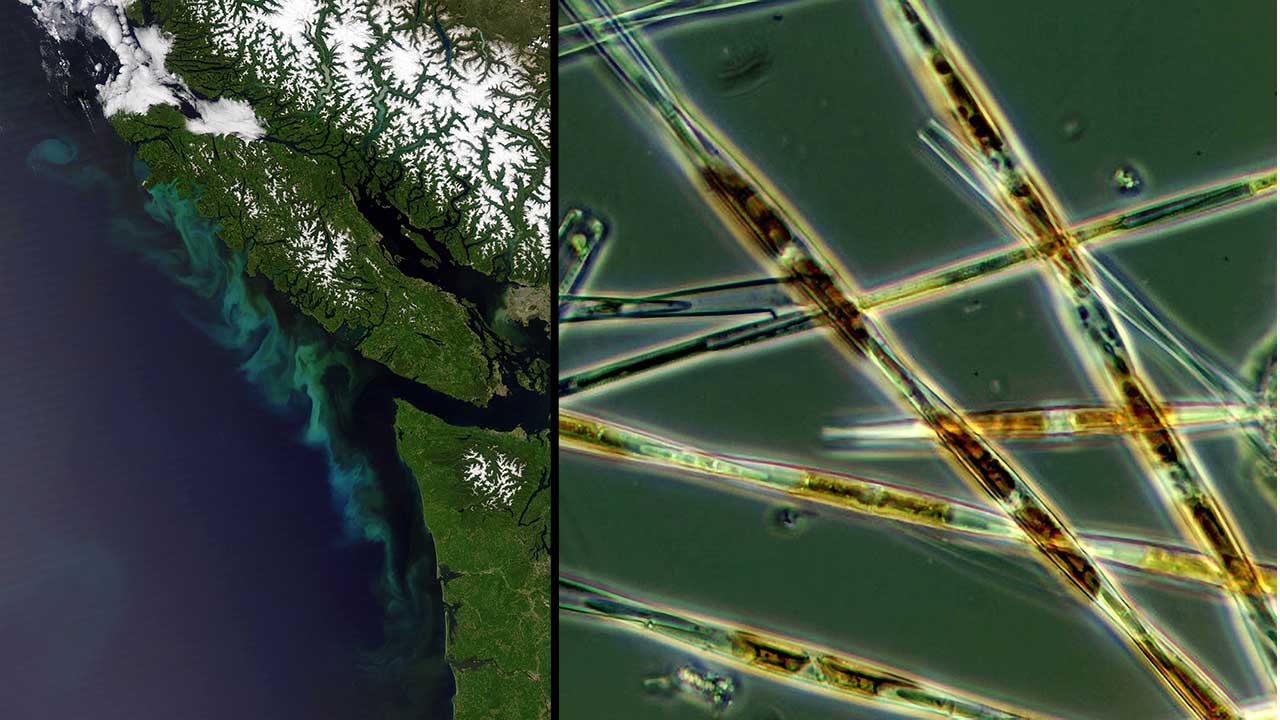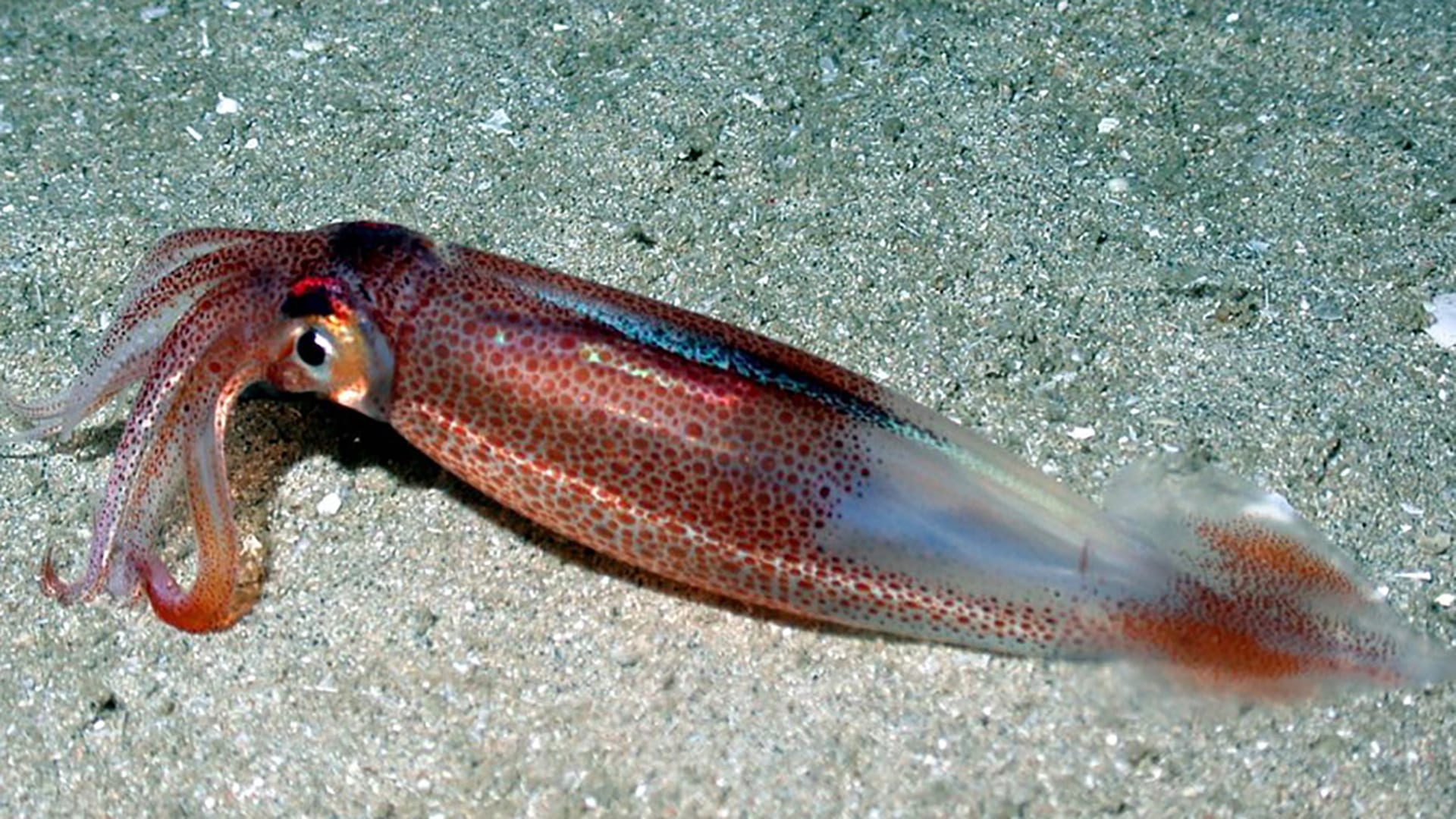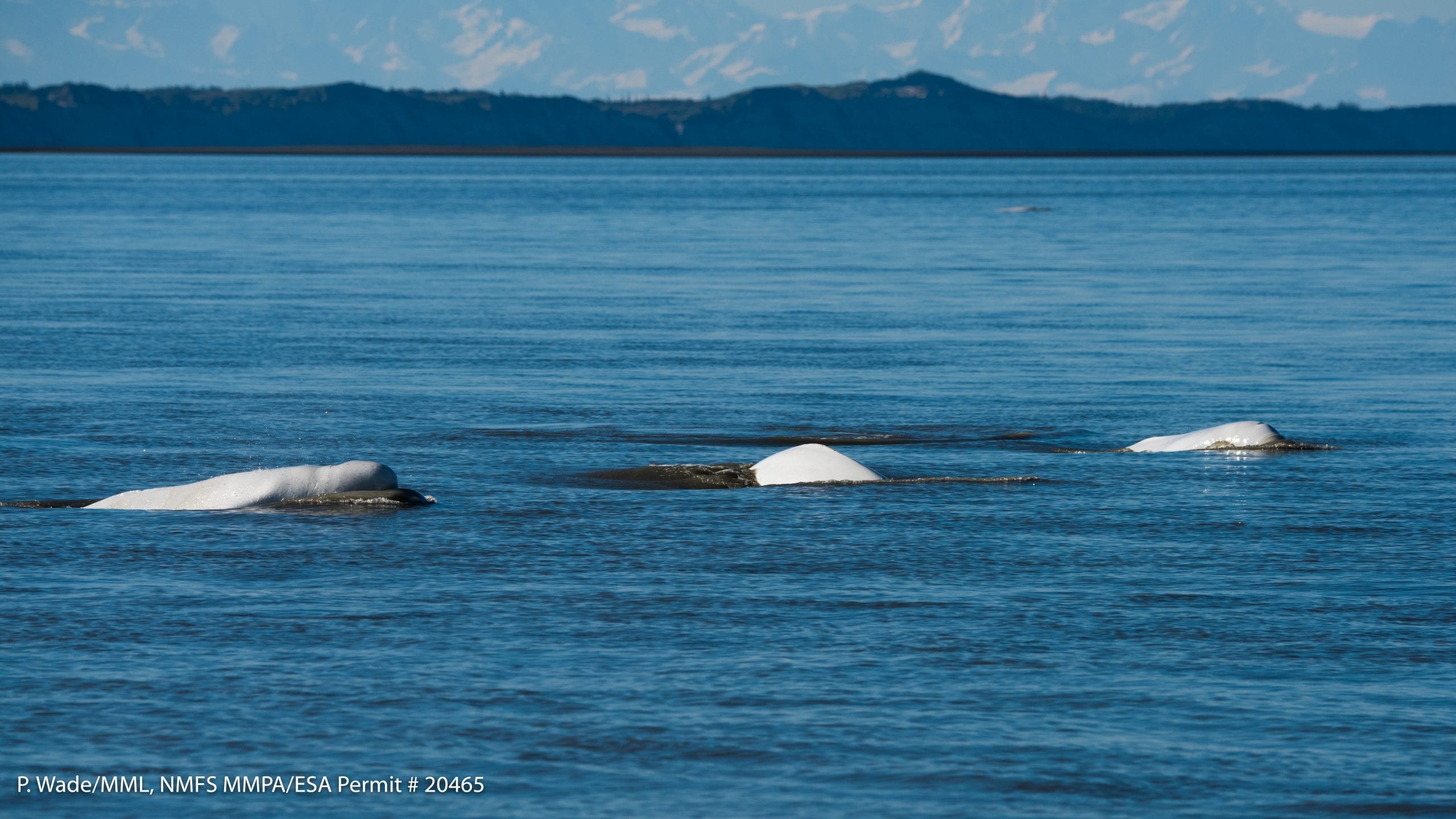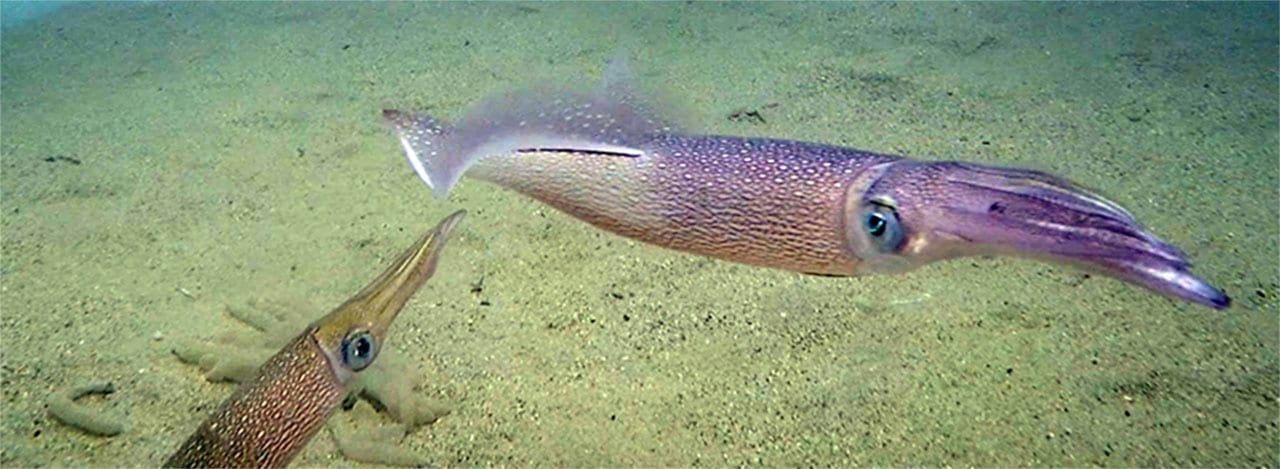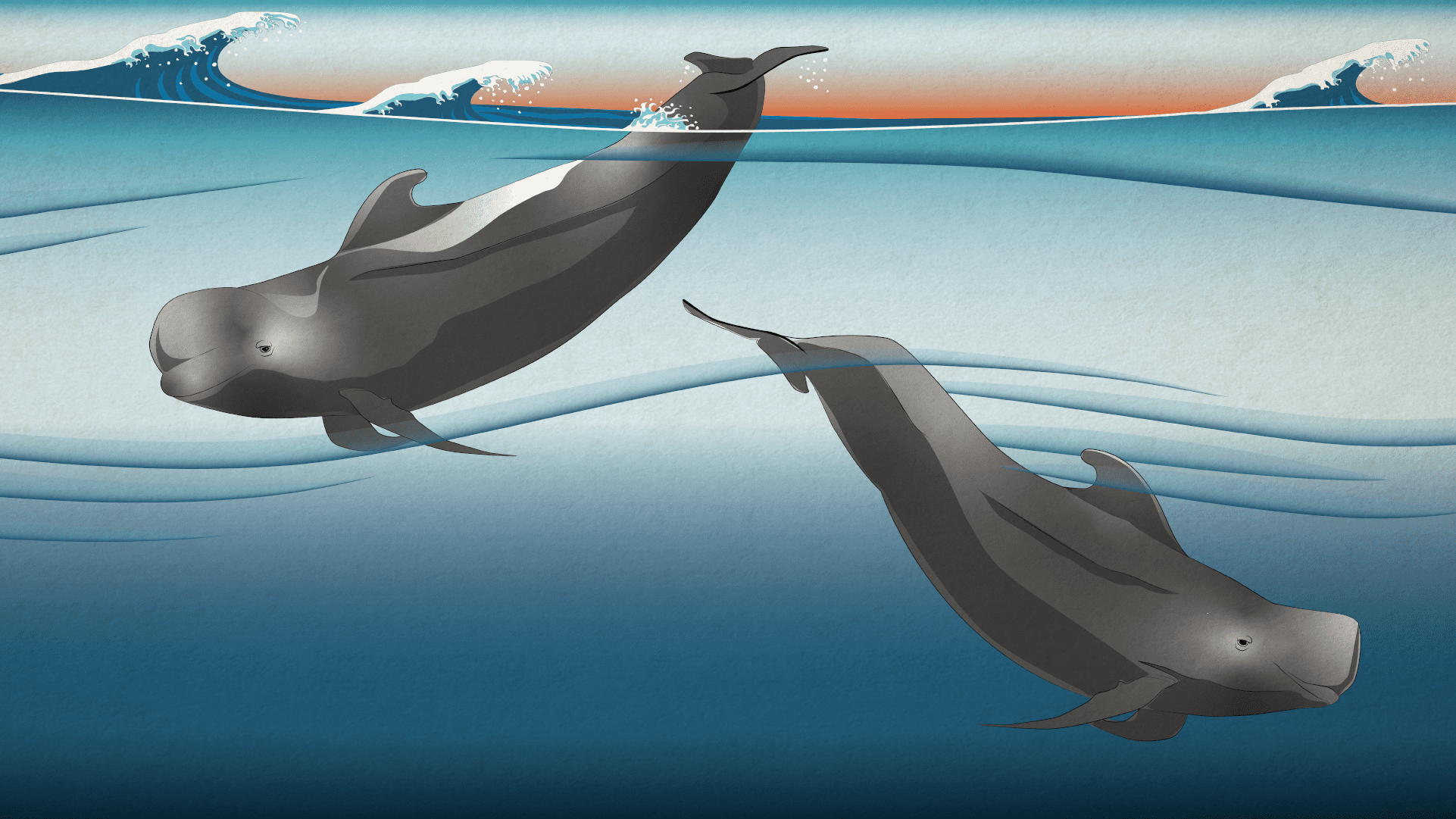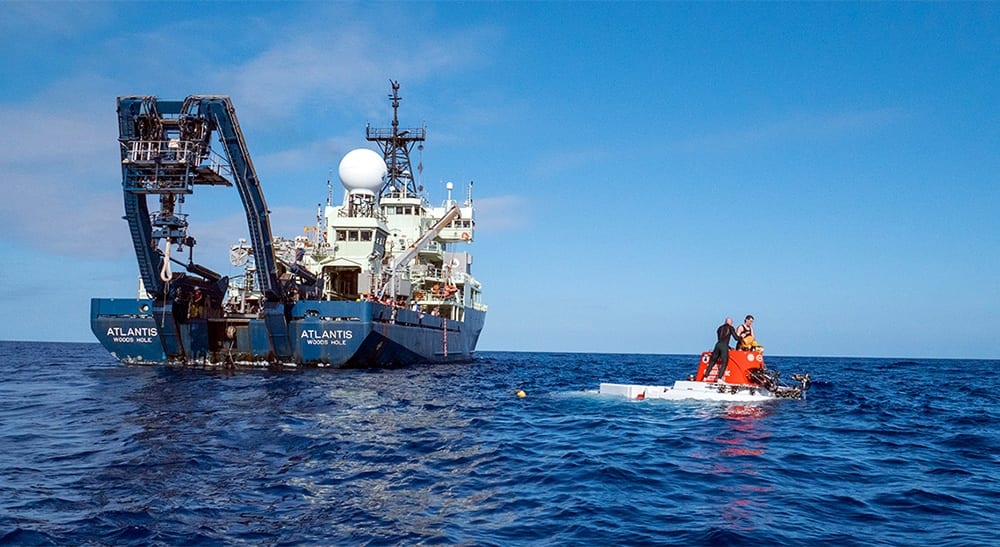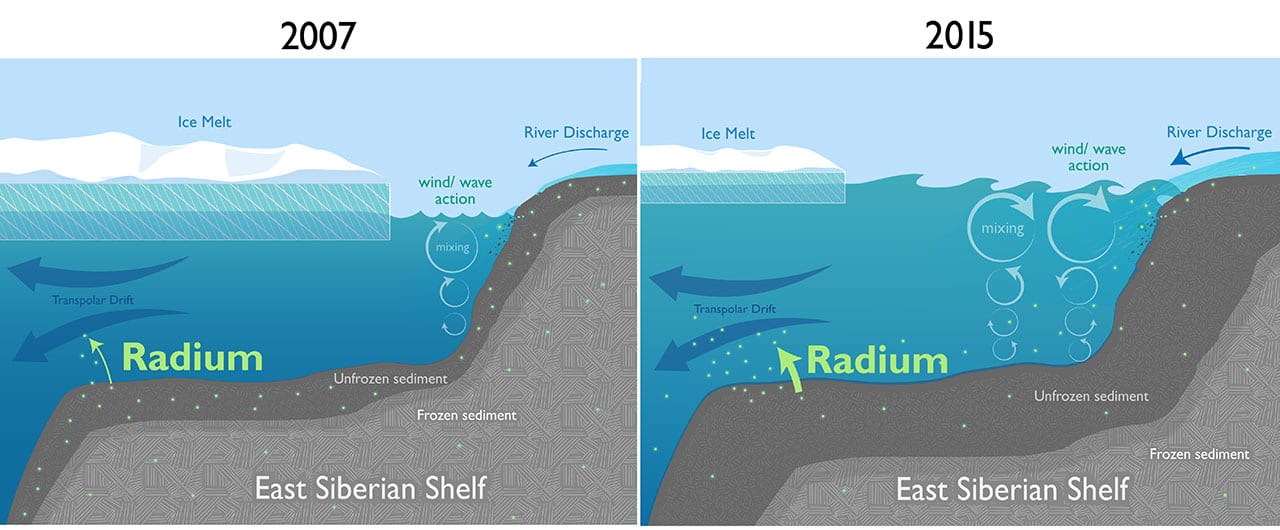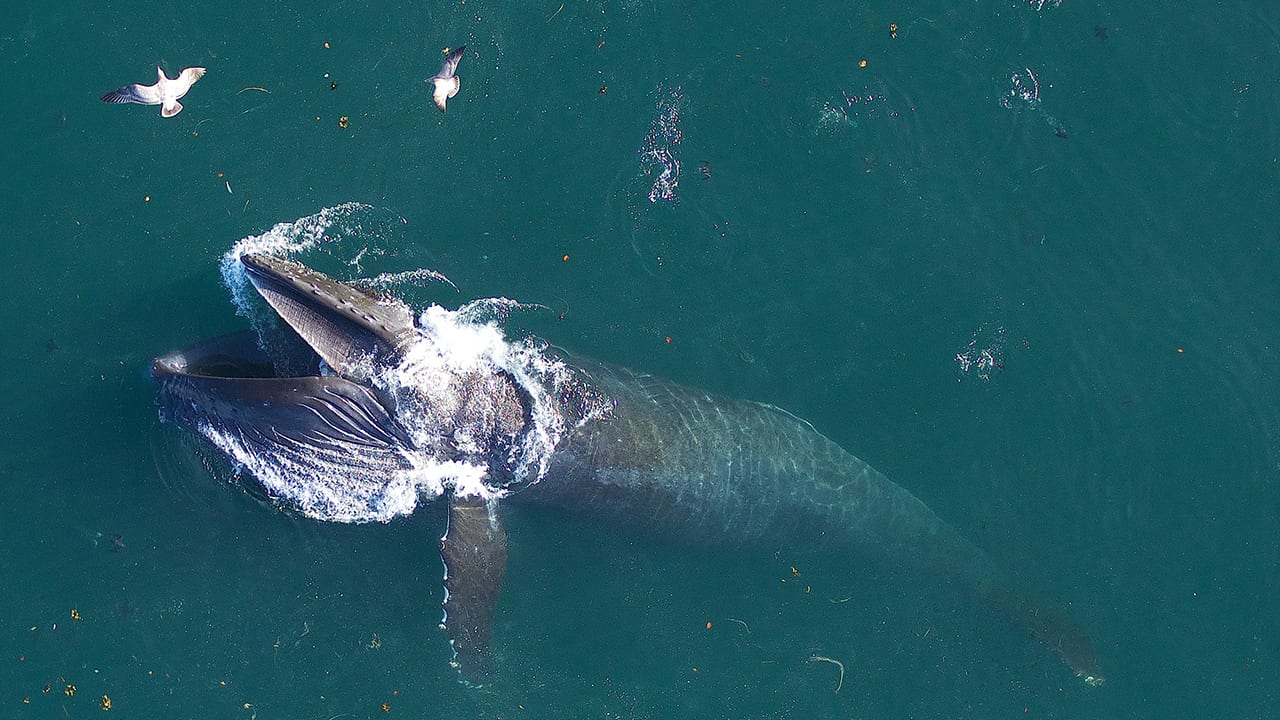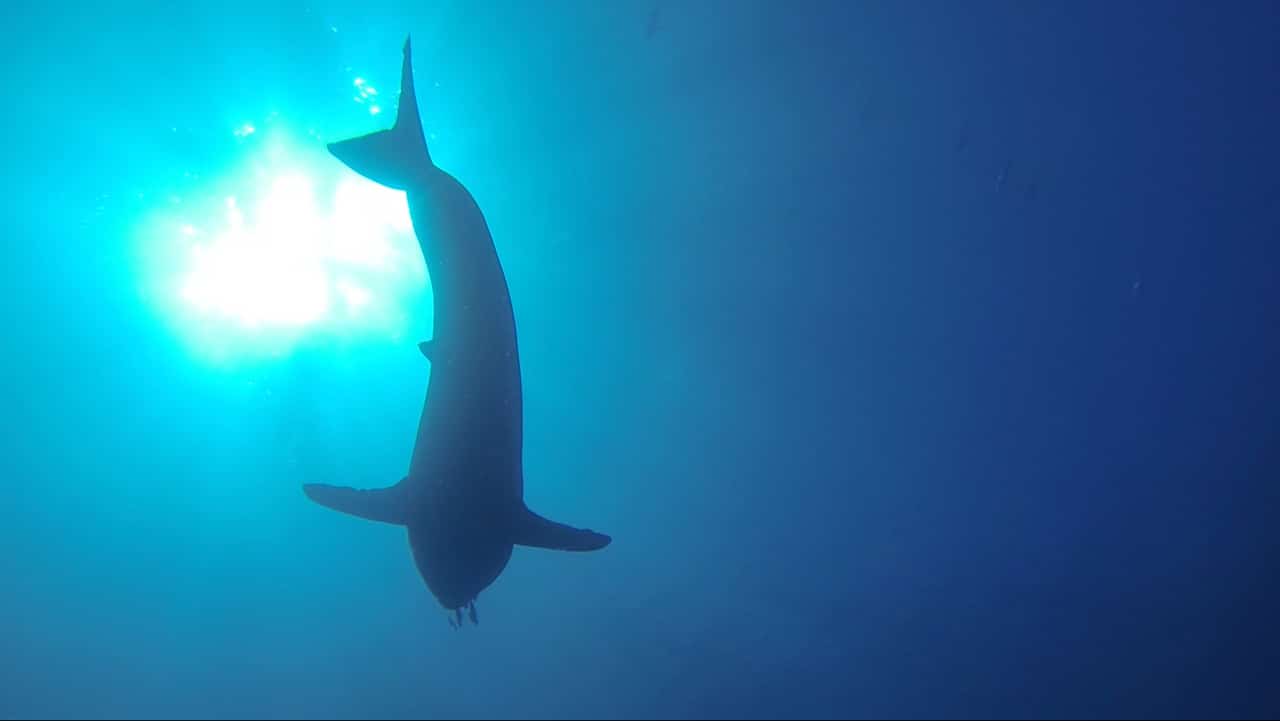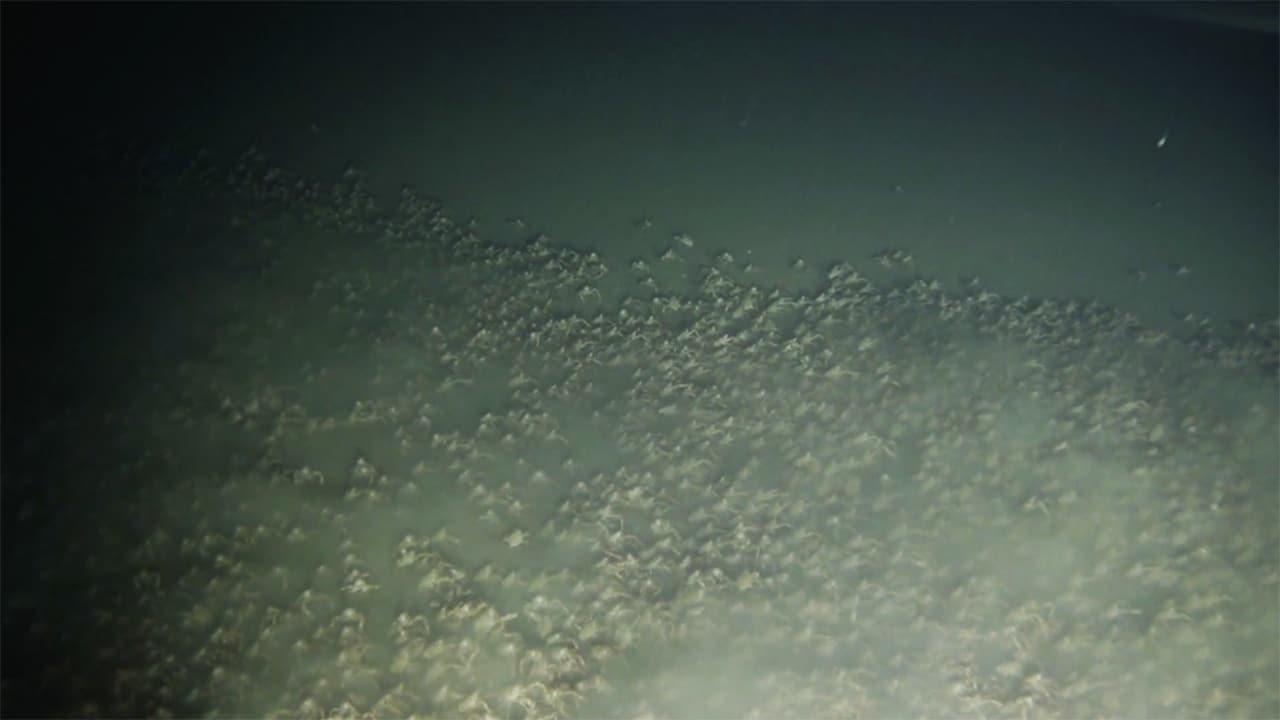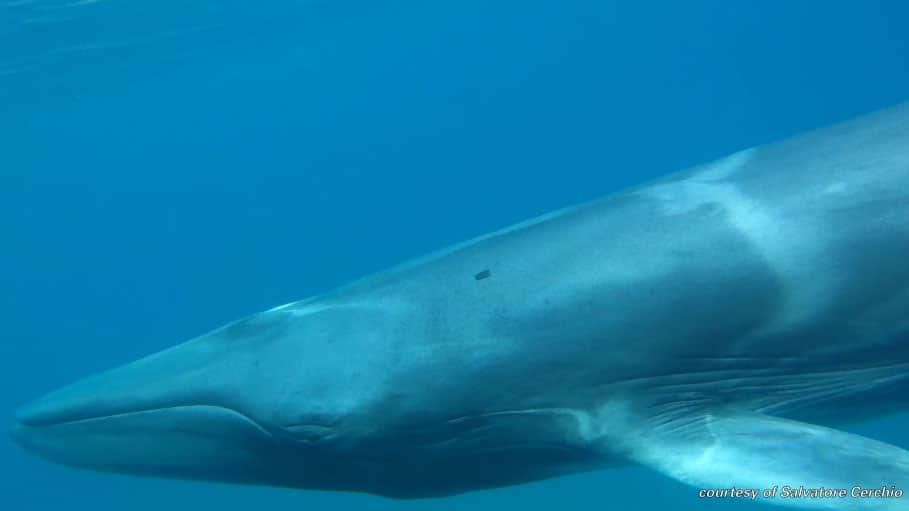News Releases
Study Finds Growing Potential for Toxic Algal Blooms in the Alaskan Arctic
A warming Arctic presents potential new threats to humans and marine wildlife in the fast-changing region Changes in the northern Alaskan Arctic ocean environment have reached a point at…
Read MoreStudy Shows that Lobsters Can Detect Sound
A new study demonstrates that lobsters can detect low-frequency sound and suggests that anthropogenic noise could affect lobsters. The study comes out at a time when the construction of more offshore wind farms, with their associated underwater pile driving noise, is being considered in New England.
Read MoreFirst Global Statistical Analysis of Harmful Algal Blooms
International study finds no worldwide trend in blooms, but significant increases in some regions and of certain species, pointing to the need for better monitoring and data collection—especially in light…
Read MoreStudy Finds that Offshore Pile Driving Noise Alters Feeding Behaviors of Longfin Squid
Squid less likely to capture killifish prey; more likely to miss attacks and abandoned pursuit of prey during pile driving noise.
Read MoreStudy Sheds Light on Critically Endangered Beluga Whale Population
A team of scientists from Woods Hole Oceanographic Institution (WHOI) and NOAA Fisheries are collaborating to help stem the decline of a critically endangered population of beluga whales in the Cook Inlet, Alaska.
Read MoreUnderwater pile driving noise causes alarm responses in squid
Exposure to underwater pile driving noise, which can be associated with the construction of docks, piers, and offshore wind farms, causes squid to exhibit strong alarm behaviors.
Read MoreResearchers use drones to weigh whales
Researchers devised a way to accurately estimate the weight of free-living whales using only aerial images taken by drones.
Read MoreNew Sub-species of Pilot Whale Identified in Pacific Ocean
Short-finned pilot whales have long been recognized as a single species, but a recent study found that two unique subspecies actually exist.
Read MoreWHOI to be Featured in Upcoming BBC Program ‘Blue Planet Live’
Scientists, engineers, vehicle operators, and ship crew from the Woods Hole Oceanographic Institution (WHOI) will be a featured part of the upcoming BBC program, Blue Planet Live, which will air over four nights beginning March 24. The series will include two live broadcasts from the research vessel Atlantis showing launch and recovery of the human-occupied submersible Alvin.
Read MoreScientists Find Surprising Evidence of Rapid Changes in the Arctic
Scientists have found surprising evidence of rapid climate change in the Arctic: In the middle of the Arctic Ocean near the North Pole, they discovered that the levels of radium-228 have almost doubled over the last decade.
Read MoreStudy Identifies Whale Blow Microbiome
A new study by the Woods Hole Oceanographic Institution (WHOI) and colleagues identified for the first time an extensive conserved group of bacteria within healthy humpback whales’ blow’the moist breath that whales spray out of their blowholes when they exhale.
Read MoreSharkCam Tracks Great Whites into the Deep
On the first trip to study great white sharks in the wild off Guadalupe Island in 2013, the REMUS SharkCam team returned with an autonomous underwater vehicle (AUV) tattooed with bite marks and some of the most dramatic footage ever seen on Discovery Channel’s Shark Week: large great white sharks attacking the underwater robot, revealing previously unknown details about strategies sharks use to hunt and interact with their prey.
Read MoreSwarming Red Crabs Documented on Video
A research team studying biodiversity at the Hannibal Bank Seamount off the coast of Panama has captured unique video of thousands of red crabs swarming in low-oxygen waters just above the seafloor.
Read MoreNew Study Provides First Field Observations of Rare Omura’s Whales
In a paper published October 14, 2015, in the Royal Society Open Science journal, the researchers describe the whales’ foraging and vocal behaviors, and habitat preferences in the shallow waters of coastal Madagascar.
Read MoreNovel Tag Developed for Squid, Jellyfish
A new data-logging tag, called the ITAG, developed at WHOI specifically for small and delicate invertebrates not only quantifies ocean conditions but also measures animals’ responses to their physical environments in high resolution.
Read MoreMercury in the Global Ocean
Although the days of odd behavior among hat makers are a thing of the past, the dangers mercury poses to humans and the environment persist today. Mercury is a naturally…
Read MoreScientists Test Hearing in Bristol Bay Beluga Whale Population
The ocean is an increasingly industrialized space. Shipping, fishing, and recreational vessels, oil and gas exploration and other human activities all increase noise levels in the ocean and make it…
Read MoreKilling Whales by Design and Default
While countries such as Japan, Norway, and Iceland often are criticized for their commercial whaling practices, Woods Hole Oceanographic Institution (WHOI) marine biologist Michael Moore points out how the majority…
Read MoreDolphins Assist Scientists Studying Effects of Data-logging Tags
For scientists studying marine mammals in the wild, data-logging tags are invaluable tools that allow them to observe animals’ movements and behaviors that are otherwise hidden beneath the waves much…
Read MoreSeeing in the Dark
The Yangtze finless porpoise, which inhabits the high-traffic waters near the Three Gorges Dam in China, is highly endangered, with only about 1,000 animals alive today. Scientists from Woods Hole…
Read MoreStudy reveals how fishing gear can cause slow death of whales
Using a “patient monitoring” device attached to a whale entangled in fishing gear, scientists showed for the first time how fishing lines changed a whale’s diving and swimming behavior. The…
Read MoreWHOI Biologist Ketten Named AAAS 2012 Fellow
Darlene Ketten of the Woods Hole Oceanographic Institution has been named a Fellow of the American Association for the Advancement of Science (AAAS). Election as an AAAS Fellow is an…
Read MoreStranded Dolphins Exhibit Bubbles, and Ability to Recover
In a study published online in the Proceedings of the Royal Society B, a team that includes researchers from the Woods Hole Oceanographic Institution (WHOI) has confirmed that bubbles do form in live, stranded dolphins. But in many cases, those animals are able to manage those bubbles and can resume relatively normal lives of swimming and diving in the ocean.
Read MoreWoods Hole Oceanographic Institution Hosts Visit by Senator Scott Brown
On Monday, Aug. 15, U.S. Senator Scott Brown visited the Woods Hole Oceanographic Institution (WHOI), the world-renowned research and education organization based on Cape Cod. The visit was Browns first to WHOI.
Read More
